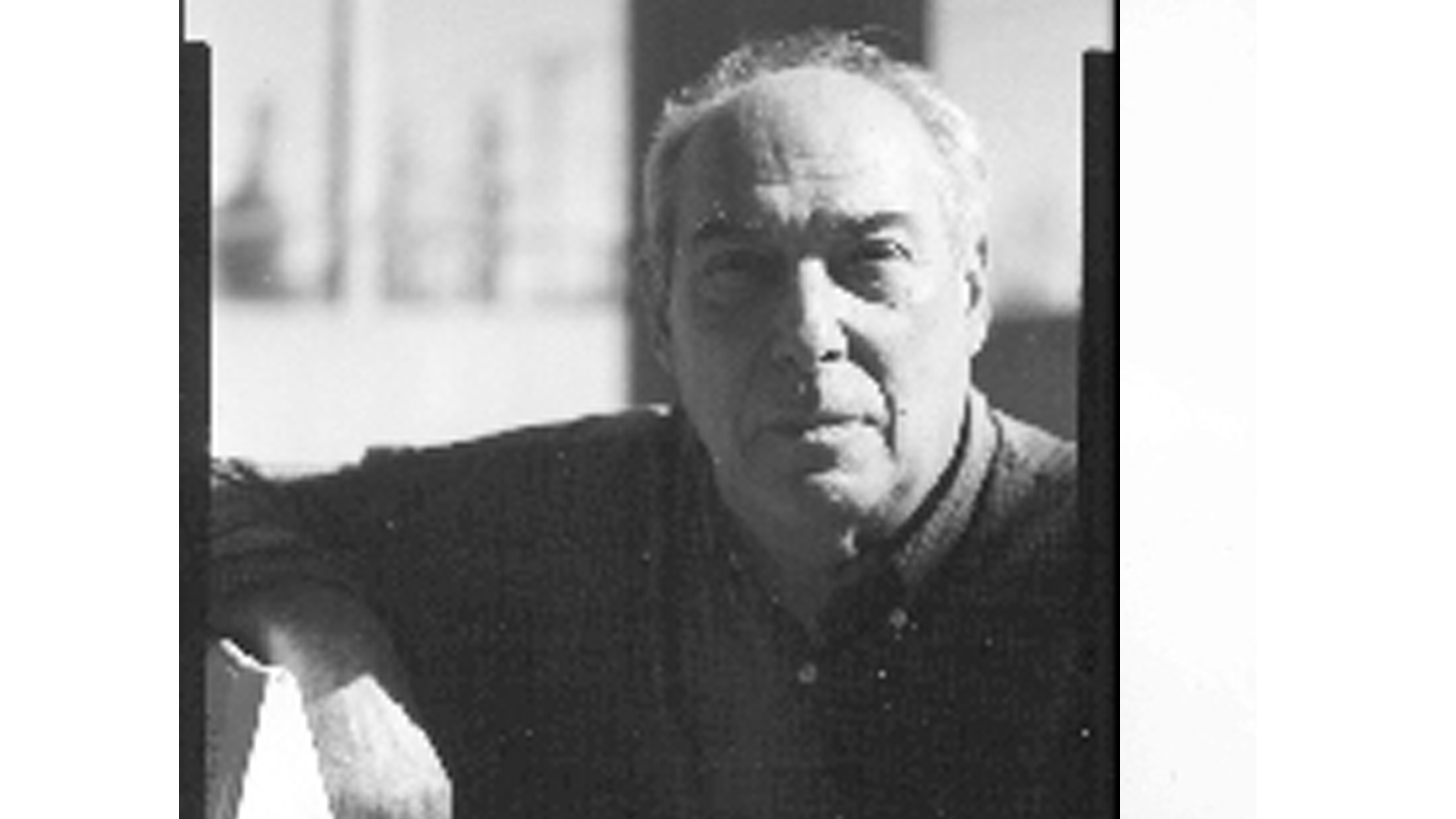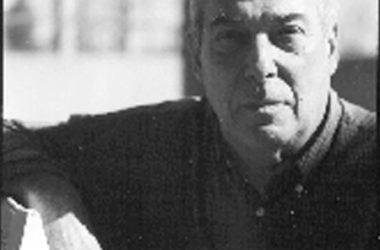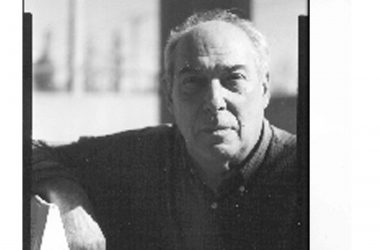By Noel Ignatiev
As probably everybody reading this knows, Atticus Finch is the central character in Harper Lee’s novel To Kill a Mockingbird. Gregory Peck played him in the film. He is also a principal character in Go Set a Watchman, another novel by Lee, which according to the literary sleuths was written as a first draft of Mockingbird and has recently been published as a separate work. It is set in Maycomb, Alabama, shortly after the 1954 Supreme Court decision outlawing segregation in public schools.
Finch is a southern white liberal. He addresses all people, black and white, with respect. He always waits his turn in line at the hardware store, even when he could take advantage of his white skin to be served ahead of others. He never employs that “insolent, back-of-the-hand treatment half the white people down here give Negroes just when they’re talking to them.” He never uses the Bad Word.
The dramatic conflict of Watchman grows out of the discovery by his daughter, Jean Louise (“Scout”), that her father has attended a meeting of the (White) Citizens Council, something she has been brought up to hate as representing everything that is reactionary in southern society. Bitter that he could betray everything he believes and has brought her up to believe, she confronts him. He responds as follows (excerpts from their exchange):
‘Jean Louise,’ he said, ‘Have you ever considered that you can’t have a set of backward people living among people advanced in one kind of civilization and have a social Arcadia?
‘Let’s look at is this way,’ said her father. ‘You realize that our Negro population is backward, don’t you? You will concede that? You realize the full implications of the word “backward,” don’t you?
‘You realize that the vast majority of them here in the South are unable to share fully in the responsibilities of citizenship, and why?
‘Abbott County, across the river, is in bad trouble. The population is almost three-fourths Negro. The voting population is almost half-and-half now, because of that big Normal School over there. If the scales were tipped over, what would you have? The county won’t keep a full board of registrars, because if the Negro vote edged out the white you’d have Negroes in every country office—.
‘Now think about this. What would happen if all the Negroes in the South were suddenly given full civil rights? I’ll tell you. There’d be another Reconstruction. Would you want your state governments run by people who don’t know how to run ‘em? Do you want this town run by—now wait a minute—Willoughby’s a crook, we know that, but do you know of any Negro who knows as much a Willoughby [the white incumbent]? Zeebo’d [a local Negro] probably be Mayor of Maycomb. Would you want someone of Zeebo’s capability to handle the town’s money? We’re outnumbered, you know.
‘Honey, you do no seem to understand that the Negroes down here are still in their childhood as a people. You should know it, you’ve seen it all your life. They’ve made terrific progress in adapting themselves to white ways, but they’re far from it yet. Then the NAACP stepped in with its fantastic demands and shoddy ideas of government—can you blame the South for resenting being told what to do about its own people by people who have no idea of its daily problems?
And so forth. Now it is easy enough when you disagree with someone to denounce that person as a self-interested, lying hypocrite and scoundrel—Jean Louise calls her father a double-dealing, ring-tailed old son of a bitch—and you may even be right, but if you want to win the argument and more important understand the person you are arguing with, it is a good idea to take him at his word. That is what I propose to do.
By coincidence (or not), the day after I finished reading Go Set a Watchman, I picked up “The Making of the Caribbean Peoples” by C.L.R. James, a talk James gave in Montreal in 1966. From James:
I will begin by stating the kind of opinion that educated people, and well-meaning progressive people [like Atticus Finch?—ni] have of us, the Caribbean people.
First of all, then; what is the general opinion held about us by people who are West Indian or who are interested in the West Indies? I will begin with a quotation from the [1938] Moyne Report… one of the foremost reports that has ever been made about the West Indies…
They were not hostile to the West Indies. They were merely profoundly ignorant of what they were dealing with. Here is a quotation from that report: ‘Negroes were taken from lands where they lived no doubt in a primitive state.’
I don’t know where they got that from because the early Portuguese and the rest who discovered Africa did not find very much difference between the Negro civilizations they met and the great masses of the peasantry they had left at home. In many respects many Africans were more advanced.
The report goes on to say that ‘their transfer to the West Indies unlike most other large-scale movements of populations did not involve the transfer of any important traces of their traditions and customs, but rather their almost complete destruction.’ Now it is impossible to produce a sentence that contains more mistakes and more gross misunderstandings and misrepresentations.
The Negroes who came from Africa brought themselves…. People of African descent, the African from Africa, made the perpetuation of western civilization possible in the West Indies.
Now they go on to say, ‘[The Africans] lost their language, customs and religions, and no systematic attempt was made to substitute any other.’
They lost their language, yes. But they rapidly mastered the English, the French and the Spanish languages. So if they lost their language it is necessary to say they had to learn new ones and they learnt them very well. They could do that being the people that they were.
This whole business consists of criticism and doubts of a ‘primitive’ people. We began with nothing, and have learned a great deal but we still have a lot to learn! [Again we hear the voice of Atticus Finch.]
That is not my view of the West Indian. I think we have learned all that it was possible for us to have learned. We have learned far more than other people in similar situation have learned.”
James turns to Lygon’s History of Barbados, written in 1653, which traces the growth of slave-based sugar production and recounts an uprising of plantation laborers in which the rebels were determined to make themselves “not only free men but Masters of the Iland.” James call it “the very beginning… of West Indian history,” a precursor to what happened in San Domingo 150 years afterwards. He says, “When West Indians reach a certain stage they wish to make a complete change and this is because all of us come from abroad. Liberty means something to us that is very unusual… When we made the Middle Passage and came to the Caribbean we went straight into modern industry—the sugar plantation—and there we saw that to be a slave was the result of our being black.” There had been slavery in Africa, but it had not been based on color. “The West Indian slave was not accustomed to that kind of slavery in Africa; and therefore in the history of the West Indies there is one dominant fact and that is the desire for liberty; the ridding oneself of the particular burden which is the special inheritance of the black skin.” And then he adds, and places it in boldface for emphasis, If you don’t know that about the West Indian people, you know nothing about them.
James shifts to another feature of West Indian life: the slaves ran the plantations. They were an army of specialists; boilers, masons, carters, and so forth.
“I want to put it as sharply as possible. Slaves ran the plantations; those tremendous plantations, the great source of so many English aristocrats and merchants, the merchant princes… These plantations were run by the slaves… Slave labor was not an advanced stage of labor, but those plantations created millions and from top to bottom slaves ran them.”
Historians have said the same about tobacco, cotton and rice in the South.
James then shifts his attention to San Domingo, where it all comes together. He writes,”An important thing is that the slaves worked collectively on the sugar plantation and I am going to read a statement now which shows what that has made of them.”
He reads from a statement by Roume, a French official, from about 1796, five years after the uprising:
’In the North (that is where the great sugar plantations were, in the Great North Plain) [the army of former slaves]… were soon formed into regiments and were hardened by fighting. They organized themselves into armed sections and into popular bodies, and even while fighting for royalty they adopted instinctively and rigidly observed all the forms of republican organization.’ [Toussaint’s maneuvering among Republicans and Royalists, French, British and Spanish, forms part of the history of the San Domingo Revolution whose story James told in The Black Jacobins.]
’Slogans and rallying cries were established between the chiefs of the sections and divisions and gave them points of contact from one extreme of the plains and towns of the North to the other…’
Back to James:
Now I wonder what conclusions you draw from this self-mobilization and self-discipline of a West Indian population. The conclusion I draw is the absolute impertinence and stupidity of a Colonial Office, which, as late as 1960 [a few years after Atticus Finch!], was wondering whether the people of Trinidad should have freedom or not, or whether they should have five members or more in the Legislature or how many in the Executive; playing a game of checkers they put one member and they see how it goes; then they put two and wait a bit; and they put another one, but he did not do so well so they take him away. And this is the kind of business, that is what they were doing, to train a people for democracy.
But look at our people in 1796. They were illiterate; Toussaint used to say that two-thirds of them had made the Middle Passage and could not speak a word of French. They knew a few words of patois. But they worked on sugar plantations. They were the masters of the technical necessities of the plantation, and when the time came they were able to organize themselves over the whole of the North Plain, and their leaders could call them and send them back home merely by the use of political slogans.
Any population which could act this way while only a few years from slavery was fitted for full parliament democracy 150 years afterwards.
A fair reading of W.E.B. Du Bois’ Black Reconstruction in America would lead to the same conclusion.
Friends and are I launching a new publication, HARD CRACKERS: Chronicles of Everyday Life. Its guiding principle is that there resides in the ordinary people of this country and the world the capacity to find a way out of the mess we are in. We draw inspiration from the work of C.L.R. James. Inquiries should be sent to



